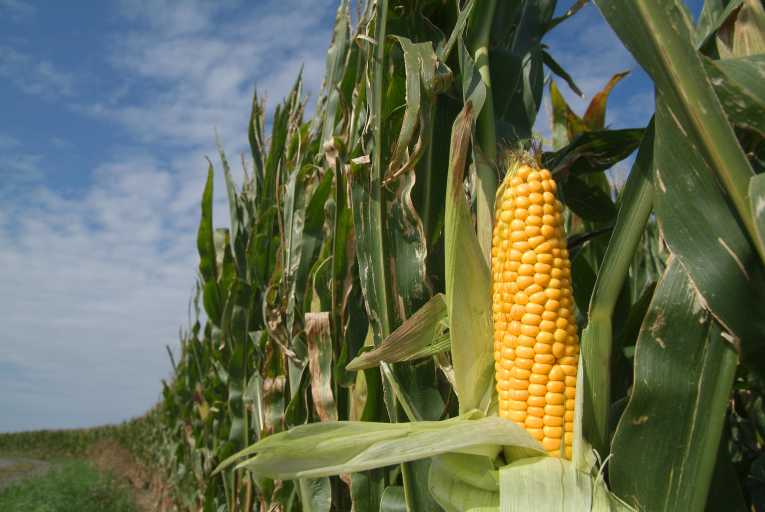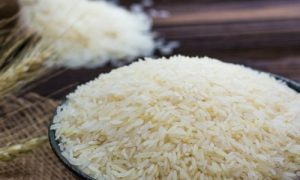Govt study predicts significant decline in yields of rice, wheat and maize by 2080 due to climate change

The government informed Parliament that rainfed rice yields could drop by 20% by 2050 and 47% by 2080 without adaptation measures due to climate change. Irrigated rice yields might also decline, with projections indicating a 3.5% decrease by 2050 and 5% by 2080. Wheat yields are expected to fall by 19.3% in 2050 and 40% by 2080, while kharif maize yields could decrease by 18-23%. Conversely, soybean yields are projected to rise by 3-10% by 2030 and 14% by 2080.
The government on Tuesday told Parliament that rainfed rice yields are expected to decline 20% by 2050, and that the situation will worsen dramatically by 2080, with output falling by 47% – if no adaptation measures are taken.
This drastic forecast is primarily due to changes in temperature and precipitation patterns, which are expected to become more erratic and extreme due to climate change.
Rain-fed rice yields refer to the rice produced in fields that rely solely on natural rainfall, not irrigation. But irrigated rice too could be hit.
In a written reply, minister of state for agriculture and farmers welfare Bhagirath Choudhary said, “Integrated computer simulation modeling studies revealed that, without adaptation measures, climate change projections regarding temperature and precipitation changes are likely to reduce irrigated rice yields by 3.5% by 2050 and 5% by 2080.”
Wheat yields are projected to drop by 19.3% in 2050 and 40% in 2080. “Kharif maize yields could decline by 18-23% in both 2050 and 2080,” he said in response to a question of Trinamool Congress member Deepak Adhikari.
In contrast to the projected reductions in key cereals, soybean yields are expected to increase by 3-10% by 2030 and 14% by 2080, the minister added.
‘Effects of climate change on agriculture becoming increasingly severe’
“Climate change has been affecting agriculture for several years and is worsening. According to recent indicators, its impact on agriculture is becoming increasingly severe,” said environmentalist Harjeet Singh of Satat Sampada, an organic farm.















